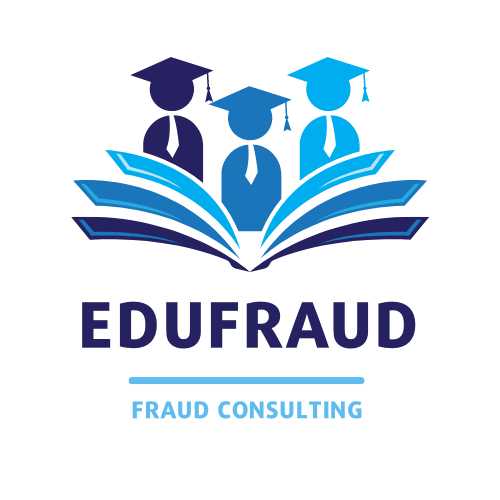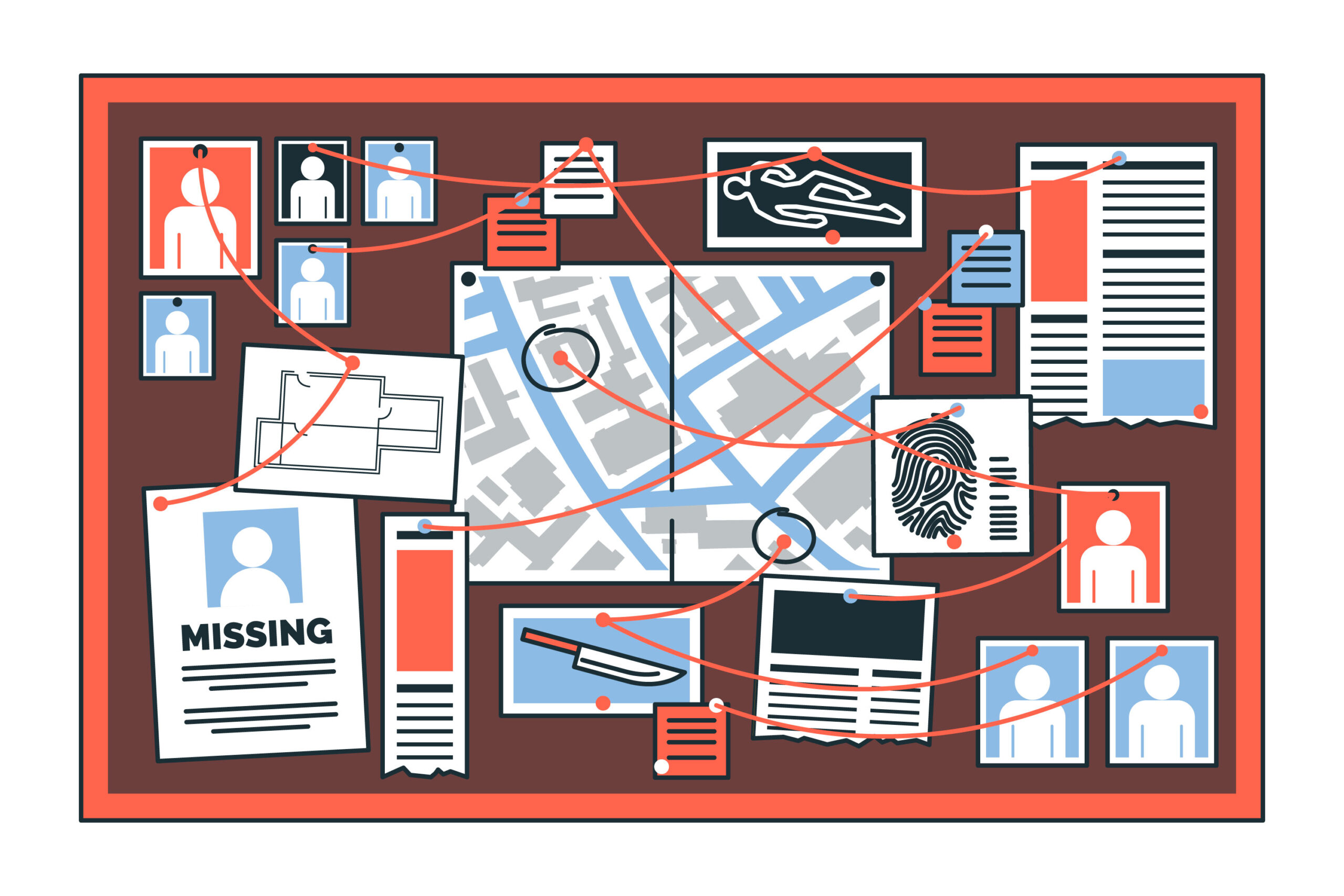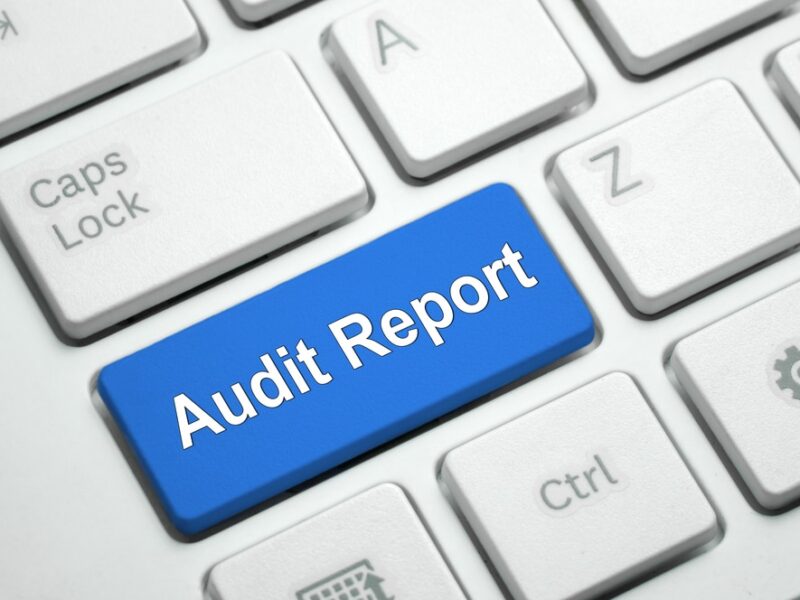This article is Part 3 of 6 in the Fraud Investigation Series. It focuses on collecting and analyzing evidence in order to build a strong foundation for your fraud investigation.
COLLECTING THE EVIDENCE
Conducting a fraud investigation within a school district requires a careful and systematic approach to evidence collection to ensure findings are credible, legally admissible, and aligned with educational regulations. The first step is to identify and secure relevant documentary evidence, such as budget reports, procurement records, grant applications, or email correspondence. Chain of custody protocols must be strictly followed to document how evidence is collected, stored, and transferred, ensuring its integrity for potential legal or disciplinary proceedings. These steps establish a robust foundation for the investigation.
ANALYZING THE EVIDENCE
Next, investigators should employ data analytics to uncover patterns of fraud, such as irregular transactions or anomalies in financial reports. Physical evidence, such as altered invoices or forged signatures on contracts, should be examined to validate authenticity. When legally authorized, surveillance, such as security camera footage, can provide evidence of unauthorized activities. Cross-referencing evidence from multiple sources strengthens the case and clarifies the fraud’s scope within the district.
DRAWING CONCLUSIONS

Finally, organizing and analyzing evidence is critical to draw actionable conclusions that support allegations of fraud. Investigators should categorize evidence by type (e.g., digital, documentary, physical) and relevance, creating a timeline to map out the fraud’s impact on school operations. Collaboration with school district legal counsel ensures evidence meets admissibility standards for potential hearings or court proceedings. Regular updates to a case file, including detailed reports and summaries, maintain clarity and support decision-making by school administrators or the board. By combining rigorous evidence collection with analytical precision, investigators can build a compelling case that upholds the integrity of the school district and protects its resources.
If your district needs training in school fraud detection, prevention, or investigation, please contact me at anthony@edufraud.com.


